Feeds
All Feeds Content

Supplementing Cows on Pasture to Stretch Forage Supplies
With dry conditions spreading quickly across the Dakota’s, producers are forced to make challenging decisions on how many cow/calf pairs to turn out to pasture, and then determine how long the pastures will even last if moisture doesn’t come soon. During the spring/summer months, supplementing grass with energy and protein can decrease forage dry matter consumption.
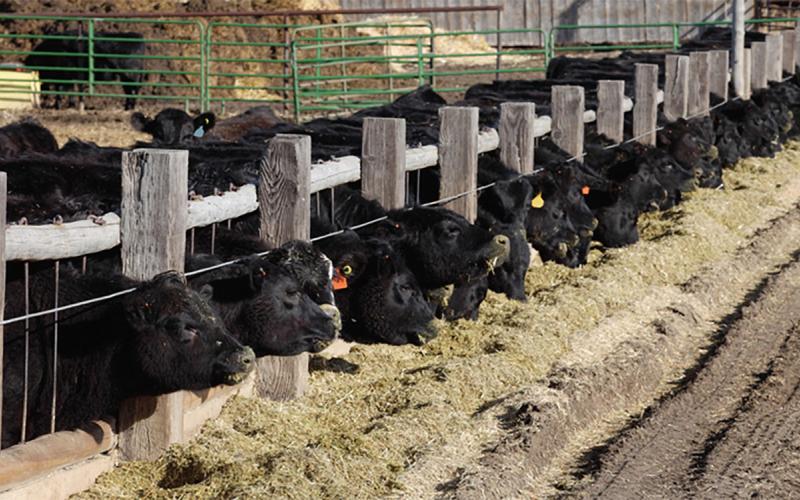
Roughage Use in Finishing Cattle Diets
Research has found that greater incorporation of roughage in cattle diets may reduce the risk of digestive upset and simplify management with minimal efficiency losses.
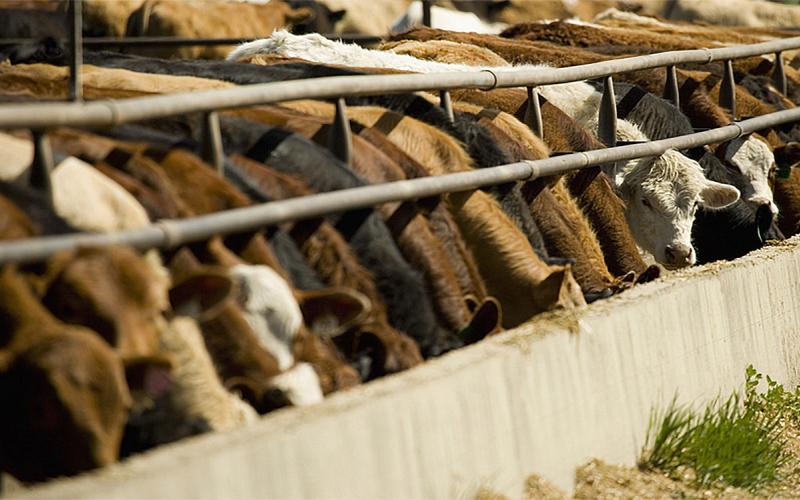
How Much Silage Can I Feed To Finishing Cattle?
What effect does feeding increased amounts of corn silage have on beef cattle performance and system-wide efficiency? See what a set of recent SDSU Extension research experiments found out.

Feeding Hybrid Rye Grain to Cattle
Feedlot researchers at SDSU were approached to evaluate the potential for hybrid rye to be used in cattle finishing diets. See what they found in terms of cattle performance and feed efficiency.
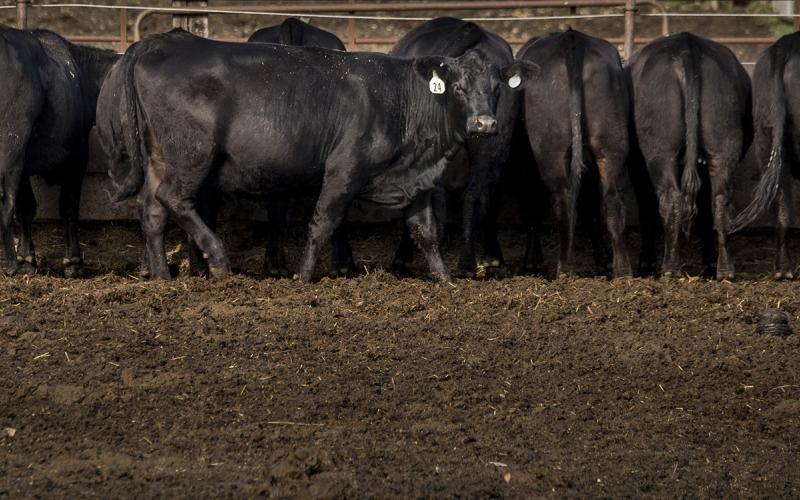
Feeding Damaged Wheat to Cattle
Feeding damaged wheat to livestock is one way to salvage value from the crop. Wheat can work well in cattle diets with some limitations.

Does Kernel Processing Silage Pay for Growing and Finishing Beef Cattle?
Kernel processing involves passing harvested silage through a set of rollers mounted on the chopper. But does this extra step result in improved efficiency and reduced costs of gain?

Water Usage Increased by Dietary Phytase Incorporation in Growing and Finishing Swine
Total water usage is an important consideration in sustainable pork production. Recent research at the SDSU investigated water usage of growing and finishing pigs fed diets without or with phytase included in the diet.
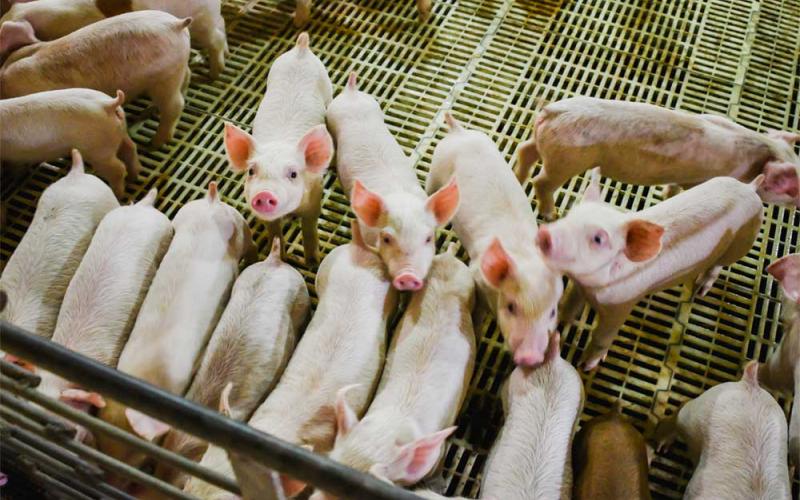
Tribasic Copper Chloride Source Shows Promise in Weanling Pig Performance
One of the many challenges in swine production is getting newly weaned pigs off to a good start. Research has found that tribasic copper chloride supplemented into nursery pig diets can be effective at improving growth performance and intestinal health of weanling pigs.

Trace Mineral Incorporation Level Did Not Impact Grow-Finish Pig Performance
Recent research at SDSU found that supplementing dietary trace minerals at levels closer to NRC requirements in typical corn-soybean meal diets for grow-finish pigs did not have an impact on overall pig performance and carcass characteristics.
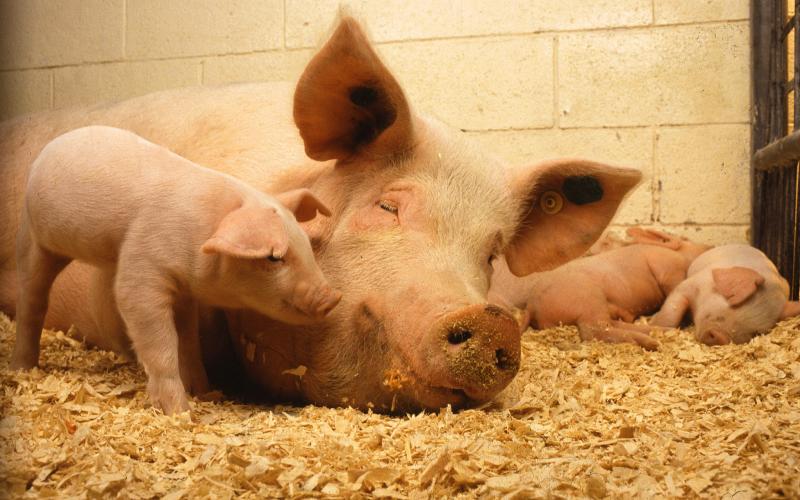
Next-Level Precision Sow Feeding
As the nutritional requirements of sows continue to be further refined, are there opportunities to achieve next-level precision sow feeding?